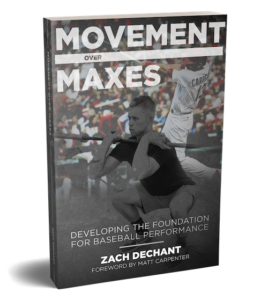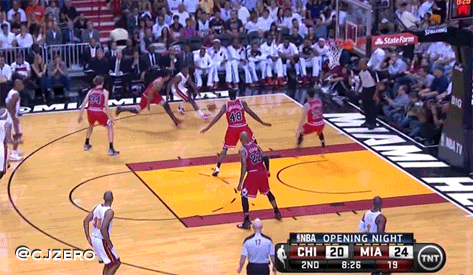5-6-7-8-9 for Kids?
One thing I love about training a broad spectrum of clients and athletes is that I'm always learning.
Just when you think you have all the answers, you realize there are more questions.
One thing that has always been perplexing is how to move kids up in weight while maintaining good technique and avoiding plateaus.
One point I've made consistently over the years is that it's not as simple as the old idea of progressive resistance exercise.
In a collegiate environment you can just throw 5 lbs more on the bar and go for it. It's pretty simple. Five pounds a week can really add up for a college athlete.
But, what do you do with a kid who is bench pressing 45 pounds for 5 reps? Adding 5 lbs here (just a 2.5 on each side) increases the load by about 12% and, really causes a problem.
One solution we've used with good success is 1 ¼ lb Olympic plates. I learned this idea of small increases years ago from writers like Stuart McRobert and, this concept has been really effective.
The 1 ¼ idea is effective but, not foolproof. In training my middle school group I was still experiencing plateaus even with using 1 ¼ lb plates and, was running into issues as dumbbells and kettlebells got larger.
Recently, I found another solution. I know it sounds simple but, instead of increasing weight, we increased reps.
Once one of my “kids” begins to hit a bit of a wall we switch from increasing weight to increasing reps.








